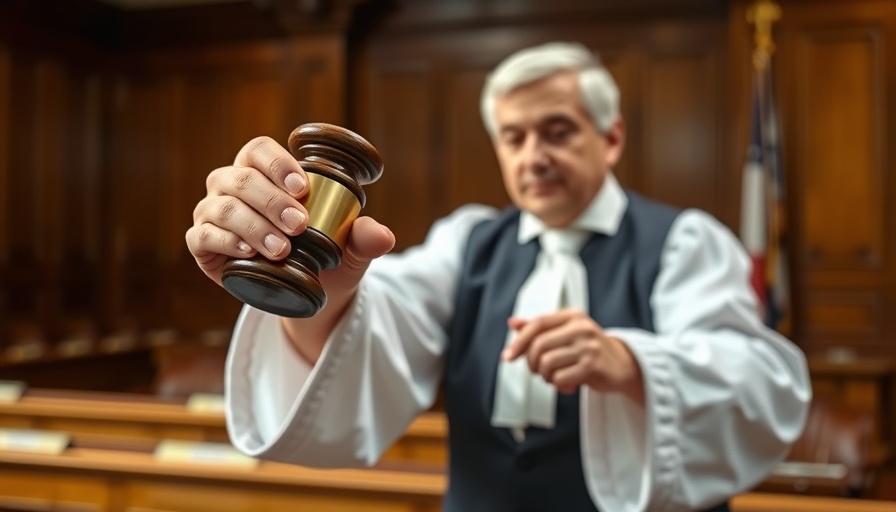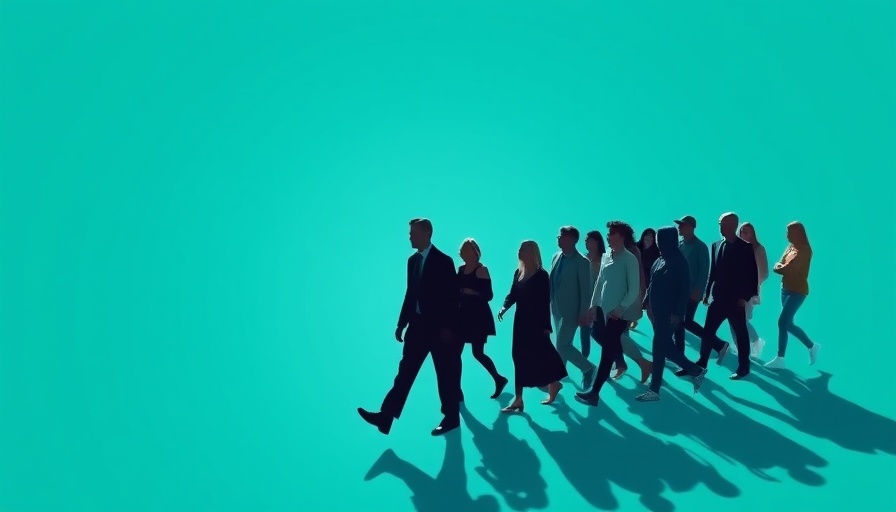
A Game-Changer in AI Copyright Law
A monumental ruling by U.S. District Judge William Alsup has set a significant precedent for the artificial intelligence sector, determining that Anthropic's training of its AI on copyrighted books constitutes "fair use." This decision, marked as the first of its kind, could enable flourishing AI innovations while igniting debates on users’ rights versus creators’ protections in the digital age.
Fair Use: A Double-Edged Sword for Creatives
The legal concept of fair use is pivotal for both tech companies and authors. Judge Alsup's ruling underscores that evolution in storytelling may also be perceived as technological advancement. He likened Anthropic’s AI training to how an aspiring writer may utilize existing literature to shape their voice, hence presenting a delicate balance between technology's evolution and the protection of intellectual property.
Implications for Self-Employed Creatives
Self-employed individuals, particularly those involved in writing, art, and content creation, must now navigate this uncertain landscape where their works can be used for training AI without compensation. As AI tools become mainstream, authors must protect their intellectual property rights vigilantly, possibly through clearer licensing agreements or innovative protections. Embracing the evolving marketplace where AI and creativity intersect is crucial for remaining competitive.
AI’s Expanding Role in the Job Market
This ruling arrives at a time when the job market is evolving rapidly due to AI advancements. As companies automate processes, it suggests that self-employed individuals in sectors like content creation might face challenges. On the other hand, it also opens avenues for job creation in AI development and oversight, giving rise to new self-employment opportunities in technical support and ethical AI development.
Community Impact and Economic Development
Whether in Cleveland, Detroit, or Buffalo, local economies could see diverse impacts from the rise of AI technology. Enhanced AI capabilities drive innovation, which can lead to job creation opportunities, but also pose threats to traditional roles. For instance, understanding how AI impacts local entrepreneurship may empower self-employed individuals to leverage AI tools effectively, turning potential threats into advantages.
What Lies Ahead: Preparing for Change
As the landscape of copyright law and AI continues to develop, individuals and communities must engage with this dialogue proactively. Understanding the fine line between fair use and copyright infringement will determine how these technologies are integrated without undermining creators. Self-employed individuals should seek resources to educate themselves on their rights and consider how they can adapt their businesses to thrive amidst this shifting terrain.
 Add Row
Add Row  Add
Add 




Write A Comment